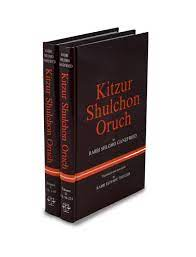our idol worship
The yeshiva world has become predominately authoritarian. You see it halacha books, the majority of which consist of a list of dueling poskim. The reasons for the psakim are rarely offered. Rather, Rav Moshe said yes, Rav Henkin said no, Rav Shlomo Zalman said in certain cases. Why? The book doesn’t say. Of course, this leaves you confused because which perfect person are you supposed to follow when they all disagree. Ah, ask your rav. You see, authoritarianism. A yeshiva guy told me once that it is a higher deed to do something because your rav told you than your thinking of it yourself. You see, authoritarianism. You see it in the obsession with cavod ha-rav. The favorite word of nearly every Yeshivist rabbi I know is respect. You have to show respect. You are not showing respect. He has no respect. You are not respecting the yeshiva. Your tone is not respectful. You are a chutzpah. I will not deal with a chutzpah. Over and over again, respect, respect, re...

